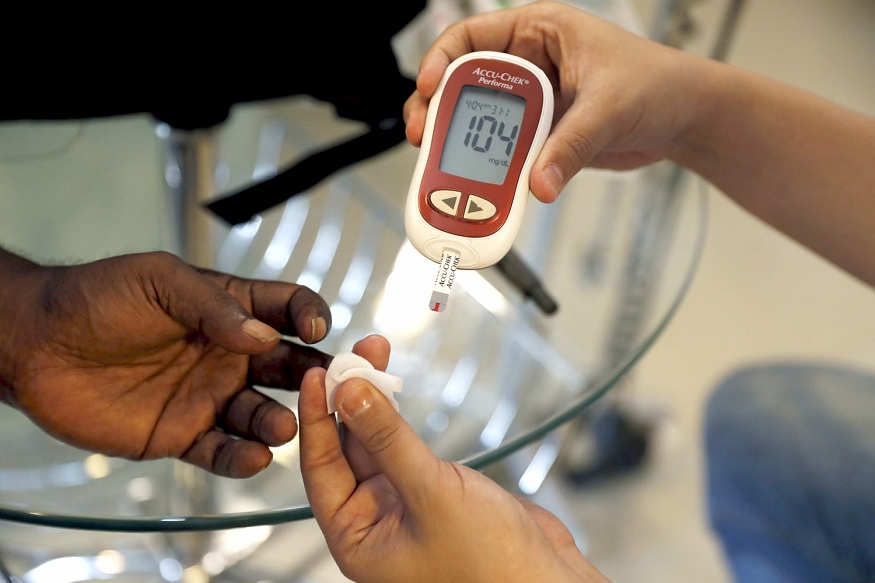Simple Lifestyle Measures to Keep Diabetes In Check
Does someone in your family have diabetes? Are you concerned about perhaps acquiring it? Your concerns may be warranted, noting that genetic predisposition is among the common diabetes risk factors. As such, Seeking medical attention for diagnosis is advisable even without symptoms. Also, check out this resource to learn more about type 1 diabetes symptoms you should keep an eye on, especially for younger ones since the condition is prevalent at that age.
Type 1 diabetes causes are unclear, meaning that prevention is tricky and there is no cure. Still, even with a positive diagnosis, you can lead a long and active life. That’s because you’ve enough power to manage this autoimmune condition, and the most straightforward measures include:
Physical activity
Have you been living a sedentary life? If so, the diabetes concerns should be enough to prompt you to get moving. This does not mean you must get a gym membership and join those demanding workouts. Simple exercise measures like taking a stroll, morning jogging, riding a bike, or dance classes could be enough. The main point here is that you need to be physically active enough to get your heart pumping and break a sweat. This is ideally daily or most days of the week. Such activity helps lower blood sugar levels and keep diabetes in check. This is not to mention that exercise helps alleviate stress and manage weight, which also impacts diabetes.
Proper diet
How often do you check to be sure you’re eating a meal bursting with essential nutrients? Though they expose consumers to several dietary deficits and health hazards, quick meals have become rather popular. Managing diabetes depends mostly on what you eat since it immediately affects your blood sugar levels. Instead of those quick fixes, try to eat a range of fruits, vegetables, and whole grains. Also, choose lean cuts of meat and low-fat dairy products. Cut foods high in sugar and fat, keeping in mind that carbohydrates change to sugar. Try to keep consistency from one meal to the next. This is particularly important while controlling blood sugar levels by taking medication or insulin.
Stress management
Stress and anxiety can affect your capacity to properly control diabetes not to mention that they can raise blood sugar levels. You can easily forget to take your meds, take a balanced diet, or ignore your exercise schedule. Don’t leave stress or anxiety unchecked. Instead, try measures like deep breathing exercises, or yoga, or indulge in leisure activities that calm you.
Routine checkups
Schedule a visit with your doctor at least twice each year. Know your numbers: cholesterol, blood pressure, and A1c (the average blood sugar over three months). Also, go for a comprehensive eye exam annually. It also helps to set an appointment with a foot specialist to evaluate issues such as foot ulcers and nerve damage. Remember that diabetes increases the risks of conditions like heart disease. Without routine checkups, you might ignore the tells a doctor can easily pick on and offer proactive measures to mitigate the risks.
While type 1 diabetes is prevalent in children and younger, it can occur at any age. As an adult, you can do more to avoid worsening the situation. For instance, avoiding behaviors like smoking and excessive alcohol consumption is essential as you strive to keep the condition in check.

